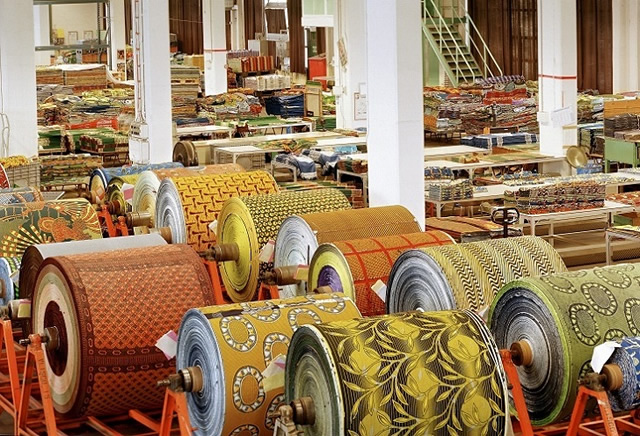Textile Import, Seven Others Gulp N1.4tn After CBN Ban Reversal

Nigerians spent N1.39trn on the importation of seven out of the 43 items earlier restricted by the Central Bank of Nigeria from accessing foreign exchange on its official platform in the fourth quarter of 2023, findings have shows.
This was as citizens imported goods worth N4.29trn in 2023, indicating an increase of 100 per cent N2.15trn from the total worth of N2.14trn commodities imported in 2022.
In 2015, the CBN had categorised about 41 import items as not valid for forex, which meant importers of the commodities were forced to source for FX at the black market often at higher rates, putting pressure on the naira.
The apex bank said the restriction was part of efforts to sustain the stability of the foreign exchange market, ensure effective utilisation of foreign exchange and the derivation of optimum benefit from goods and services imported into the country. However, these items were not banned or prohibited by the Nigerian Customs Service, so they can still be imported.
But last October, the Central Bank of Nigeria in a statement lifted the ban on importers of 43 items allowing the purchase of foreign exchange in the Nigerian foreign exchange market.
Hence, the reversal of the apex bank’s forex ban policy led to a noteworthy improvement of N1trn worth of imported goods to N1.39trn from the N1.29trn recorded in the third quarter of 2023.
The World Bank also in the December 2023 edition of its Nigeria Development Update report said that the removal of import restrictions in Nigeria will lift about 1.3 million people out of poverty.
READ ALSO;MoU With UK Firm On Rail Project Not Binding – FG
“Recent World Bank estimates show that removing import restrictions could lower the prices of affected items by 4.7 per cent. This would lead to an overall increase in purchasing power which, in turn, would lift about 1.3 million people (around 0.6 per cent of the population) out of poverty.”
According to an analysis of the latest Nigerian Foreign Trade reports of the National Bureau of Statistics, items such as crude palm oil, vegetable products, animal products, meat, vegetable fats and oil, rubber and plastics, and textiles were imported from various countries.
The yearly breakdown showed that crude palm oil got a total of N50.44bn with imports from Malaysia and China, vegetable products got N1.63trn, animal products recorded trade of N597.47bn, while mackerel meat got N124.99bn with imports from Chile, Ireland, Poland, South Korea and the Netherlands.
According to data released by the NBS, Nigeria imported N1.29trn worth of plastic and rubber items, textiles recorded a trade of N377.18bn and vegetable fats and oil got a total of N214.6bn.
Reacting in an earlier interview, the Director of Centre for Promotion of Private Enterprise, Muda Yusuf, described the forex ban list by the central bank as an “aberration”, explaining that the banned items were legally acknowledged in the nation’s trade policy document.
Yusuf said, “The list itself is creating confusion in our trade policy because it is only fiscal authorities that should determine what you can import and not import. What the CBN has done is unusual, an aberration because the trade policy of any country is documented in its fiscal policy; a trade policy document which will show the tariffs and items under import and export prohibition. That means you can’t import those products.
“When you have that information document by concerned authorities, the CBN now has its own list of items which you can’t officially source foreign exchange so it creates a lot of confusion in the system. What needs to be done is harmonisation and it is not the duty of the apex bank to decide what items to give forex for. That is a trade policy decision.”






